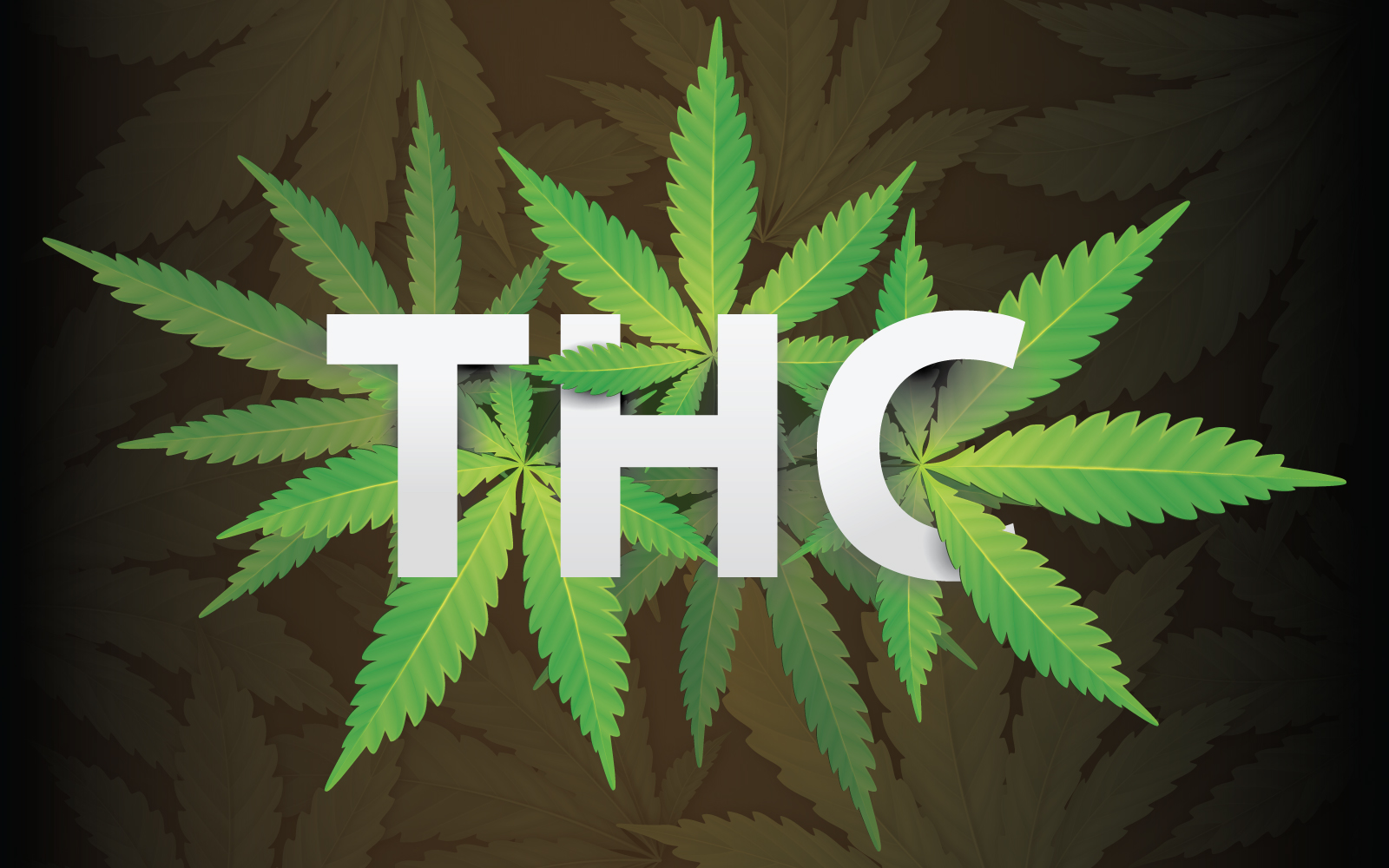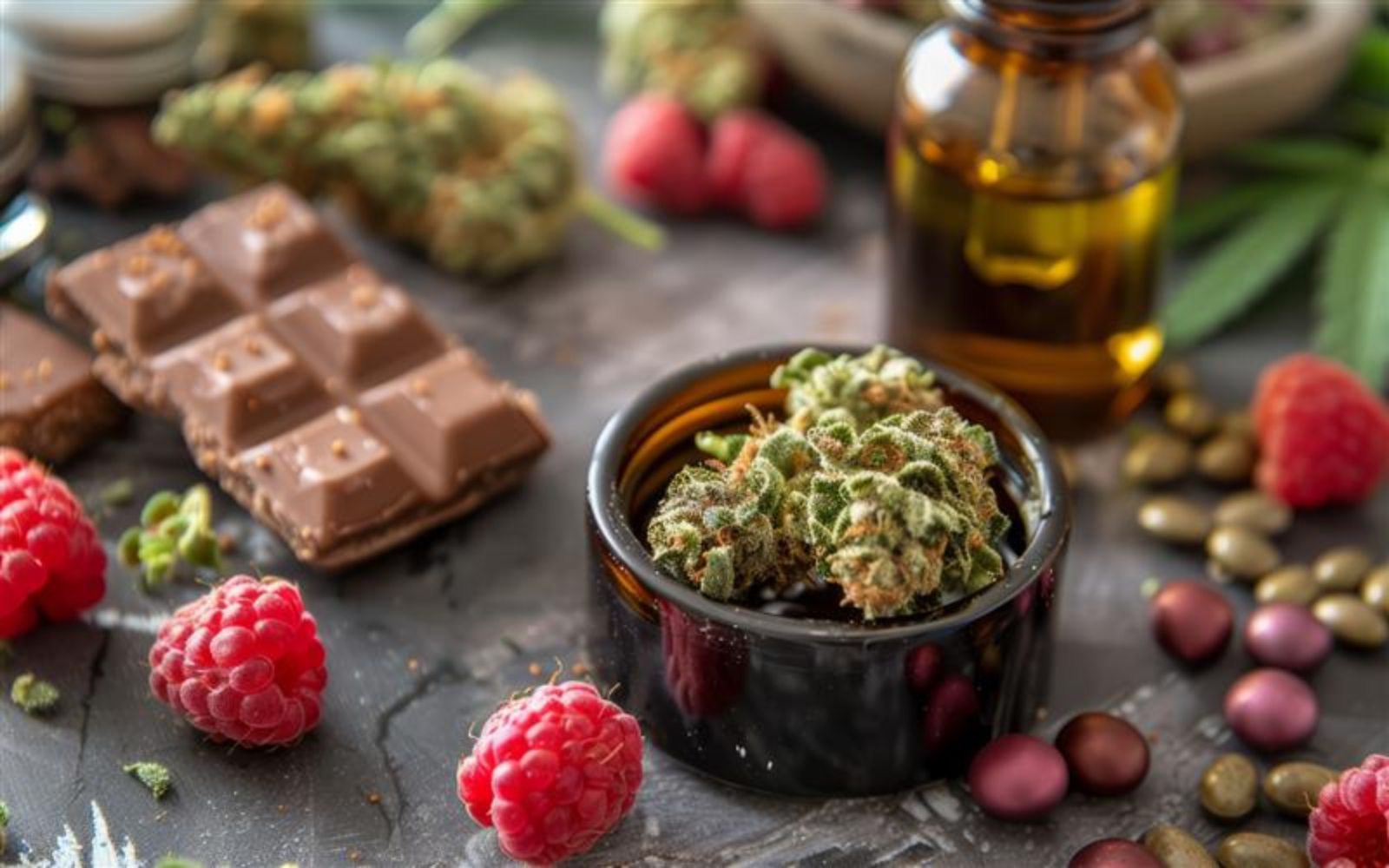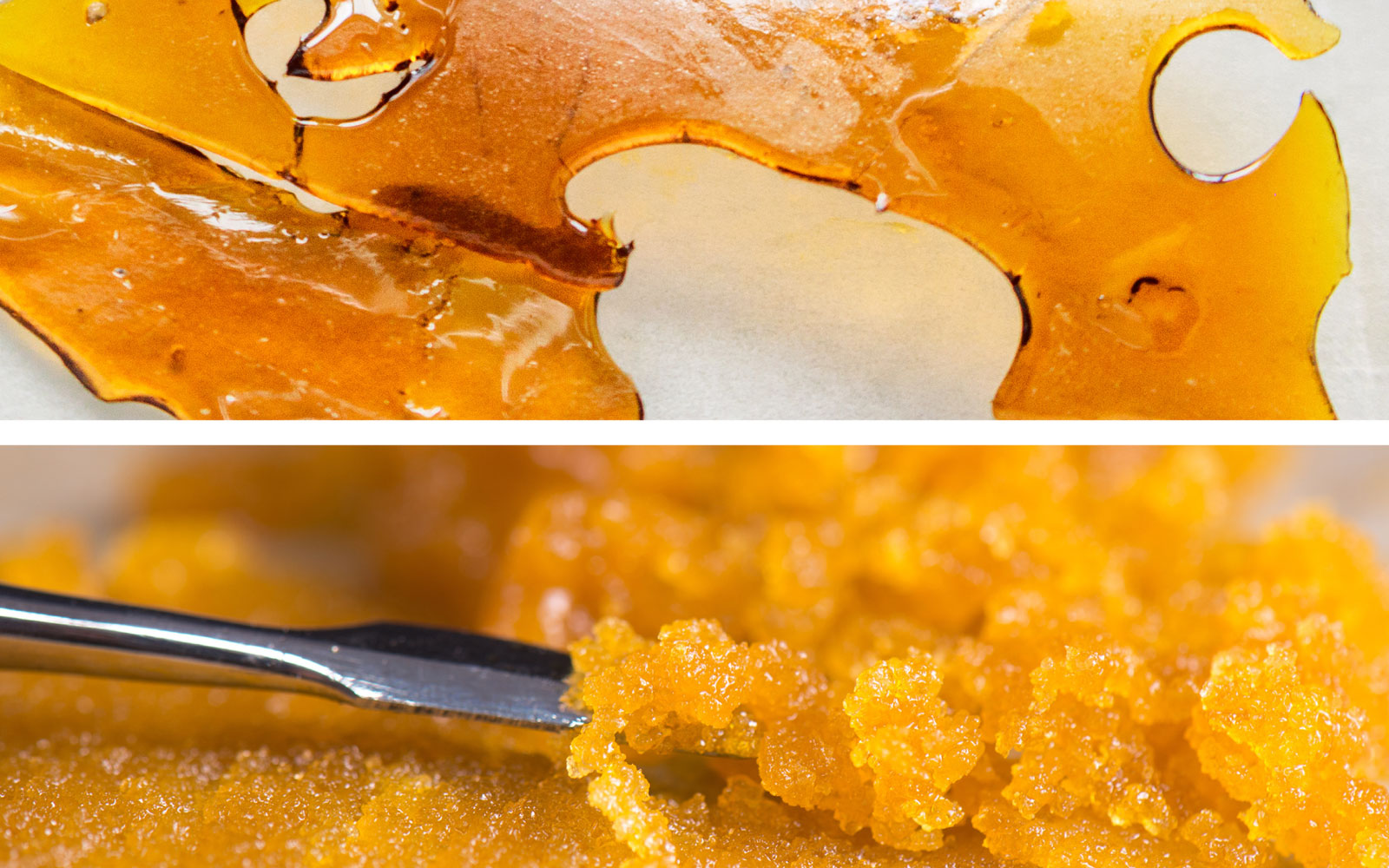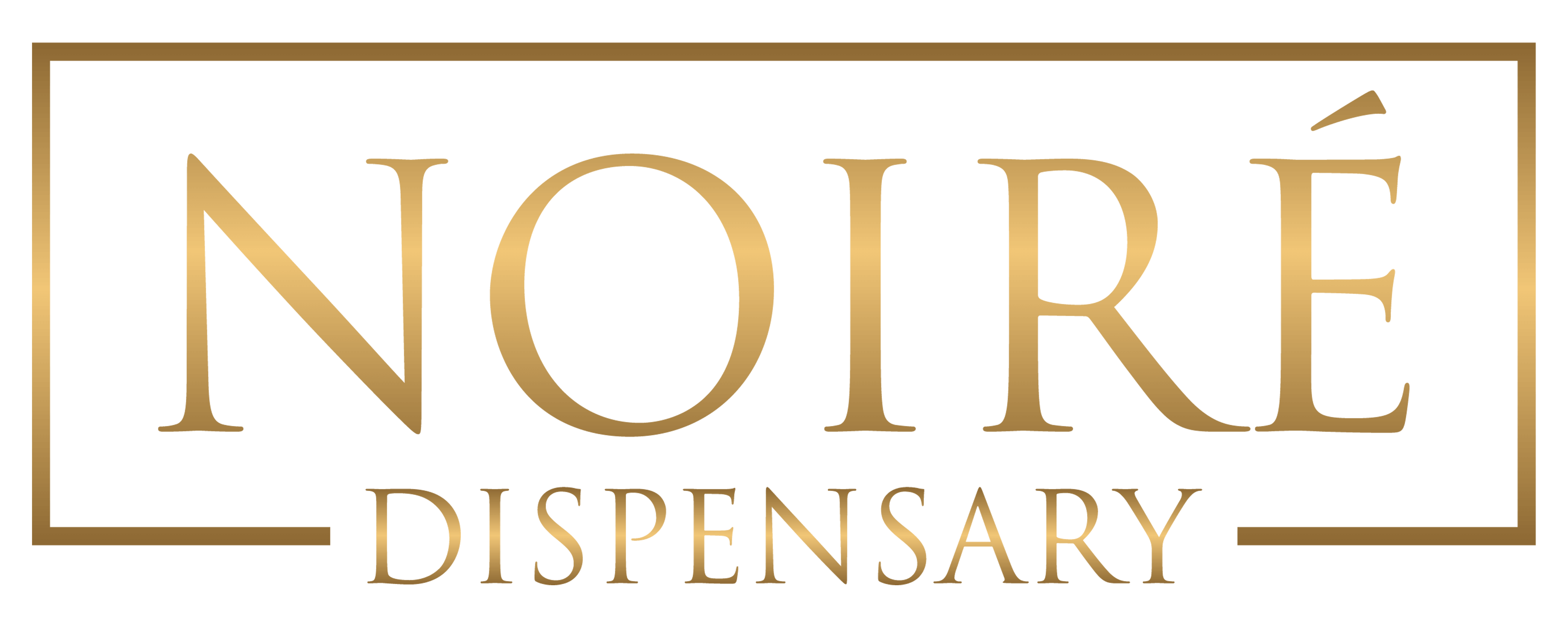THC has lately drawn a lot of attention and debate. Understanding THC-its uses, effects, and benefits-has become crucial as more governments and nations pursue legalization of cannabis. This post will give you a thorough view of THC regardless of your level of curiosity or quitting contemplation.
Understanding THC
Among the more than a hundred cannabinoids present in a cannabis plant is THC. These molecules interact closely with the endocannabinoid system of the human body, a network vital for controlling many physiological functions like mood, hunger, and pain experience. Maintaining homeostasis, or balance, within the body depends on the endocannabinoid system, which also shapes immunological response to stress as well as other aspects.
How THC Works
Especially the endocannabinoid called anandamide, THC replicates the function of naturally occurring neurotransmitters in the brain. THC modulates regular neurotransmitter release by attaching to cannabinoid receptors, mostly found in the brain, therefore producing its different effects. This interaction is not only a one-way road; it generates a feedback loop that can change the sensitivity and amount of receptors available, therefore impacting the way future THC doses will impact a person. Its immediate effects as well as its possible for reliance are derived from this mechanism of action.
The Impact of THC
Beyond the brain, THC influences several body systems and produces a spectrum of psychological and physical impacts. Cannabinoid receptors spread all across the body-including those in the immune system, digestive tract, and peripheral nervous system-mediate these effects.
Temporary Results
THC’s short-term consequences can include:
- Euphoria or relaxation: Users often report a sense of well-being and contentment, which can be therapeutic for some.
- Altered senses (e.g., seeing brighter colors): This can enhance experiences such as music or art but may also lead to sensory overload.
- Altered sense of time: Time may seem to slow down, which can be fascinating but disorienting.
- Impaired body movement: Coordination can be affected, which is why activities like driving are not recommended.
- Difficulty with thinking and problem-solving: This can hinder tasks that require attention and logical reasoning.
- Impaired memory: Short-term memory issues can arise, making it difficult to retain new information.
Long-Term Effects
Long-term use of THC can lead to more persistent changes such as:
- Memory impairment: Chronic use, especially starting in adolescence, may lead to lasting cognitive deficits.
- Altered brain development, particularly in young people: THC exposure during critical periods of brain development can alter neural pathways.
- Respiratory issues if smoked: Regular inhalation of combusted cannabis can lead to respiratory problems.
However, these effects can vary widely depending on the individual, the amount of THC consumed, and the method of consumption. Factors such as genetic predisposition, overall health, and lifestyle choices also play a significant role in determining long-term outcomes.
Benefits of THC
Despite some negative effects, THC offers several potential benefits, especially when used responsibly.
- Pain Relief: THC can help manage chronic pain conditions, making it a valuable tool for patients suffering from conditions like arthritis or fibromyalgia. Its analgesic properties can reduce the need for more addictive pain medications.
- Nausea and Vomiting: It’s effective in reducing nausea and vomiting, particularly in patients undergoing chemotherapy. This can significantly improve quality of life and treatment adherence.
- Appetite Stimulation: THC can stimulate appetite, which is beneficial for patients with conditions like HIV/AIDS or cancer. This effect helps combat weight loss and muscle wasting.
- Muscle Relaxant: It’s used to reduce muscle spasms in patients with multiple sclerosis and other similar conditions, offering relief where other medications may have failed.
- Improved Mood: Small doses of THC can help improve mood and reduce anxiety, potentially offering a natural alternative to pharmaceutical antidepressants.
- Enhanced Creativity: Some users report increased creativity and focus, which can be beneficial in artistic and problem-solving contexts.
- Appetite Stimulation: THC can stimulate appetite, which is beneficial for patients with conditions like HIV/AIDS or cancer. This effect helps combat weight loss and muscle wasting.
- Muscle Relaxant: It’s used to reduce muscle spasms in patients with multiple sclerosis and other similar conditions, offering relief where other medications may have failed.
- Pain Management: Microdosing can offer pain relief without significant psychoactive effects, making it suitable for those who need to maintain clarity during daily activities.
- Reduced Side Effects: By keeping doses low, users can minimize the risk of paranoia and other negative psychoactive effects often associated with higher doses.
- Improved Cognitive Function: Quitting THC can lead to better memory and cognitive function, especially in individuals who have used it heavily.
- Better Lung Health: If THC is smoked, quitting can improve respiratory health, leading to increased stamina and reduced coughing.
- Increased Motivation: Users who quit often report higher motivation and energy levels, leading to improved productivity and engagement in daily activities.
- Improved Sleep: Some former users find their sleep improves after quitting THC, experiencing deeper and more restorative rest.
Using THC Responsibly
Responsible use is absolutely essential to maximize the advantages and reduce the hazards related with THC. Knowing how THC affects your body and mind will enable you to choose the best course of action for your welfare.
- Know Your Restraints: Start at low dosages to learn how THC personally affects you. Everybody’s body responds differently; so, it is imperative to discover what suits you most. Monitoring your experiences will enable you to improve your use over time, thereby guaranteeing that you maximize the advantages and minimize any negative consequences.
- Consider the Method of Consumption: Different ways of consumption-smoking, edibles, tinctures-may produce different effects and start times. Select the approach fit for your lifestyle and medical state of affairs. Edibles, for example, require more time to start but have longer-lasting benefits, which could help with chronic pain management; smoking provides quick relief that would be more appropriate for acute symptoms.
- Know Legal and Medical Consequences: Find out the legal status of THC in your location and see a healthcare provider-especially if you use THC for medical purposes. Maintaining knowledge of local laws and possible interactions with other drugs can enable you to prevent legal problems and guarantee safe use.
Conclusion
THC is a complicated chemical having advantages and disadvantages. Whether your motivation is its medical advantages or you are thinking about quitting, knowledge about THC’s purpose, effects, and advantages is absolutely vital. Knowing helps you to decide what is best for your lifestyle and health. Remember, moderation and responsible use are fundamental; if necessary, getting help is always a choice.
With the ongoing changes in cannabis legislation, the conversation around THC will continue to evolve. Staying informed will help you navigate these changes and make educated choices about your THC consumption.








